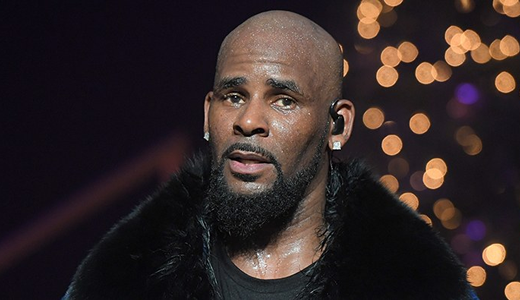So Spotify just did a thing. According to their new public hate content and hateful conduct policy, they’ve chosen to take R. Kelly’s music off of their streaming playlists. His music will still be available on Spotify, but will no longer be promoted.
After nearly 20 years of allegations that the artist has had sexual relationships with underage females, it’s about time.
This new policy focuses on distancing Spotify from those artists whose lyrics and behaviors oppose the streaming service’s stated belief of “openness, diversity, tolerance and respect.” And because Spotify’s gatekeepers can’t effectively monitor all the content on their service, they’re developing filters and asking listeners to do their part when they hear hateful content. This is a step in the right direction.
But the lines become hazy pretty quickly. Spotify itself states that “cultural standards and sensitivities vary widely. That means there will always be content that is acceptable in some circumstances, but is offensive in others …” So, who determines what is, and is not, appropriate in certain cultures? Who decides where to draw the line? And for whom?
R. Kelly isn’t the only artist who has allegations of abuse against him. Artists like XXXTentacion and Kodak Black have both been convicted of crimes related to sexual and physical abuse, including aggravated battery against a pregnant woman. Just listen to a fragment of their lyrics and you will be bombarded with misogynistic and degrading themes that regard women as no more than disposable, sexual objects. We could look at other musicians from all musical genres—scores of them, maybe—who’ve had similar legal entanglements. And, of course, this is to say nothing of the lyrics that seem to encourage the demeaning, harassment and abuse of both women and men.
I’ve previously written about the #MeToo movement and it’s correlation to music, and these patterns of abuse in our culture, and in the world, are systemic. The abuse and mistreatment of people dates back to Cain and Abel. This is the brokenness of our world. So we shouldn’t be surprised by the havoc that sin wreaks, but we are called to pay attention to it and to the people who are being affected. It’s nice that Spotify’s taking a step in the right direction, but ultimately it’s up to us. Perhaps it’s time that each of us fine tunes our ears to hear what’s being said.






Recent Comments